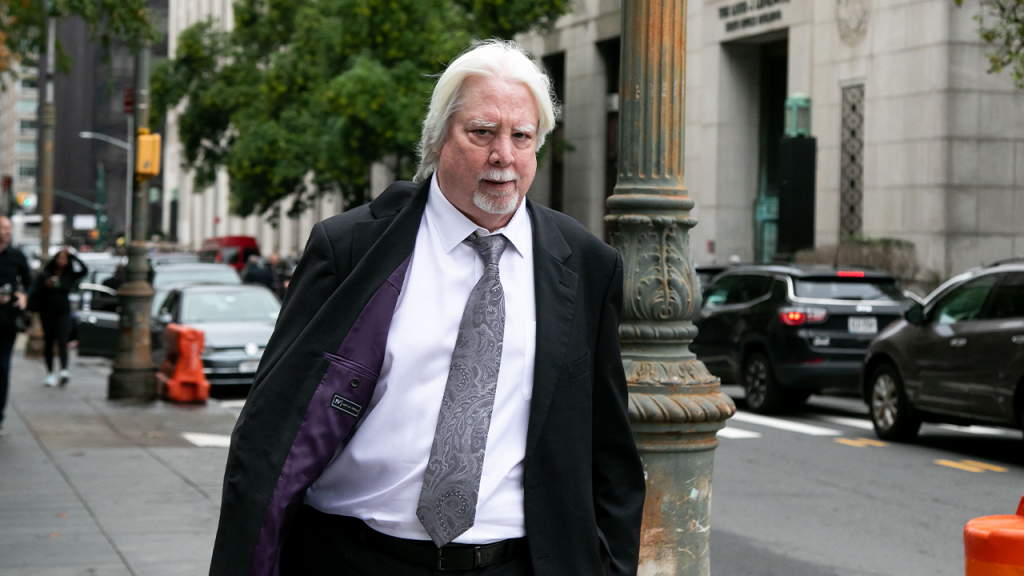In the NY v. Trump case, witness testimony indicated that former President Donald Trump did not personally direct a Trump Organization executive to set up reimbursement payments to former Trump attorney Michael Cohen. The trial focuses on allegations that the Trump Organization reimbursed Cohen for payments made to Stormy Daniels to keep quiet about an alleged affair with Trump. Former Trump Organization controller Jeffrey McConney testified that the payments to Cohen were legal expenses, but he denied that Trump had directed him to set them up. The prosecution is working to prove that Trump falsified records with the intent to commit a crime, while the defense is arguing that Trump had no active role in the reimbursements.
McConney revealed that he was directed by former Trump Organization Chief Financial Officer Allen Weisselberg to make $35,000 monthly payments to Cohen, totaling $420,000. He also explained that Cohen was initially reimbursed through a trust, but later switched to payments from Trump’s personal account. McConney’s testimony suggested that Trump did not play a direct role in the reimbursements to Cohen, bolstering the defense’s case. Despite objections from prosecutors, McConney testified that Trump did not ask anyone to make the payments or suggest that he directed them to do so.
The trial included statements from various witnesses, including former attorney Keith Davidson, computer forensic analyst Doug Daus, bank executive Gary Farro, and former Trump Organization employee Hope Hicks. The trial is expected to last at least six weeks, with the prosecution continuing to build its case against Trump. The former president has criticized the trial as a political attack orchestrated by the Biden administration ahead of the 2024 election. Additionally, Judge Juan Merchan warned Trump against violating the gag order put in place, threatening potential jail time for further violations. Trump has already incurred fines for violating the order, prompting the judge to consider more severe consequences if the violations persist.
The defense team questioned McConney extensively during cross-examination to establish that Trump did not instruct anyone to make the payments to Cohen. The testimony suggested that the decision to reimburse Cohen was made by other executives within the Trump Organization, with no direct involvement from Trump. McConney’s responses indicated that Trump did not ask anyone to carry out the transactions and that the orders came from Weisselberg rather than the former president. Despite the ongoing legal proceedings, Trump has maintained his innocence, claiming that the case is a politically motivated scheme to discredit him.
The Trump trial has garnered significant attention due to its implications for the former president’s legal troubles. The allegations of falsifying business records and fraudulently logging payments to Cohen have raised questions about Trump’s involvement in the affair with Stormy Daniels and the subsequent attempts to cover it up. The trial is closely monitored by both supporters and critics of Trump, with the outcome likely to impact his future political aspirations. As the proceedings continue, both the prosecution and defense teams are presenting their cases to determine the culpability of Trump and his associates in the alleged crimes.













